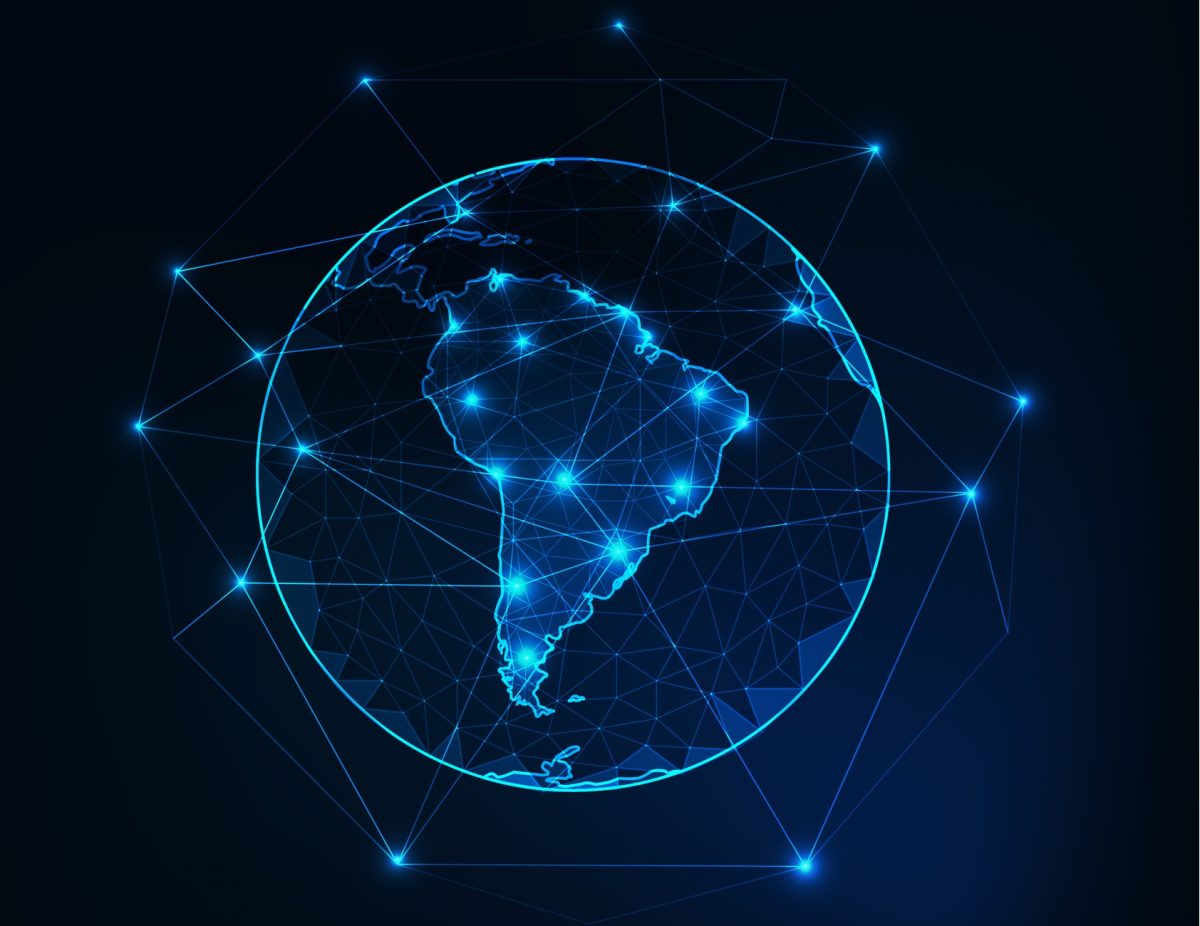Partnerships to secure supply of critical minerals for energy transition.
EU Commission President Ursula von der Leyen wants to expand cooperation between the European Union and countries in Latin America. Therefore, she is visiting the region this week. On Tuesday, during her stop in Buenos Aires, she signed a Memorandum of Understanding with the President of Argentina, Alberto Ángel Fernández, to create sustainable raw material value chains. This is intended to secure the supply of critical minerals needed, among other things, for the expansion of renewable energy to meet EU climate targets, according to a European Commission press release.
Both sides would benefit from the cooperation, von der Leyen said at the signing ceremony, speaking of Argentina’s potential to become a “powerhouse” for green energy. The country has significant lithium deposits, a key raw material for e-mobility along with rare earths. The cooperation is part of the EU’s Global Gateway Strategy, which includes expanding relations with Latin America and the Caribbean.
Rapprochement with Brazil and Chile, negotiations with Mexico planned
Argentina was now the EU Commission President’s second stop on her Latin America visit. Already at her kick-off meeting with President Luiz Inácio Lula da Silva in Brazil, von der Leyen announced that two billion euros would be invested in the production of green hydrogen in Brazil as part of the Global Gateway. During her meeting yesterday with Chilean President Gabriel Boric in Santiago de Chile, she announced her intention to also promote the production of green hydrogen in Chile, as well as to seek raw material partnerships with the country, including on lithium.
She also reiterated during her visits that she wants to finalize the planned agreement between the EU and the Latin American economic alliance Mercosur (short for ‘Mercado Común del Sur’, meaning “Common Market of the South”) this year. As Handelsblatt reported, however, there is being criticized; a possible agreement is controversial on both sides. Todays and last stop on the EU Commission President’s Latin America tour is in Mexico.
The European Union has already taken some steps in the past toward new agreements with other regions, such as the Indo-Pacific, to diversify its supply of raw materials. The aim is to achieve greater independence from individual critical mineral partners such as China, which dominates the rare earths market, in times of political uncertainty that also have an impact on supply chains.
Photo: iStock/inkoly


